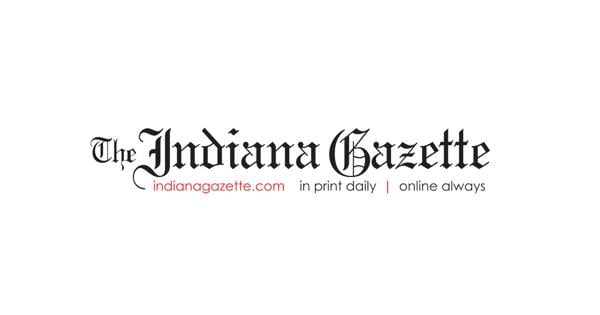
News
September 19, 2025
Bill blocks Federal Reserve members' dual appointments
(The Center Square) - Federal Reserve board members would not be able to hold dual positions appointed by the president if U.S. Sen. Ruben Gallego’s new bill becomes law.
Washington D.C. – A new bill proposed by U.S. Senator Ruben Gallego aims to prevent Federal Reserve board members from simultaneously holding other presidential appointments, potentially reshaping the landscape of economic leadership in the United States. The bill, if passed into law, would effectively bar individuals serving on the Federal Reserve Board of Governors from taking on additional roles appointed by the President of the United States.
The move comes amid growing scrutiny over potential conflicts of interest and the concentration of power within the Federal Reserve system. Proponents of the bill argue that allowing Fed officials to hold dual roles could compromise the independence and impartiality of the central bank, which is crucial for maintaining economic stability. The Federal Reserve plays a vital role in setting monetary policy, regulating banks, and ensuring the stability of the financial system.
Senator Gallego's office emphasized the importance of maintaining a clear separation between the Federal Reserve and other branches of government. Allowing board members to hold positions in other presidential appointments, they argue, could create undue influence on the Fed's decision-making process. This could lead to policies that are politically motivated rather than driven by sound economic principles.
The proposed legislation is expected to spark debate in Congress, with arguments likely to center on the balance between expertise and potential conflicts of interest. Some may argue that allowing qualified individuals to serve in multiple roles could bring valuable experience and insights to both the Federal Reserve and other government agencies. However, critics are concerned that this could create opportunities for undue influence and undermine public trust in the integrity of the Federal Reserve.
The bill's future remains uncertain as it navigates the legislative process. It will need to garner support from both sides of the aisle to become law. The outcome could significantly impact the structure and operation of the Federal Reserve, potentially leading to a more independent and transparent central banking system. Observers are keenly watching the bill's progress as it could set a new precedent for the relationship between the Federal Reserve and the executive branch.
The move comes amid growing scrutiny over potential conflicts of interest and the concentration of power within the Federal Reserve system. Proponents of the bill argue that allowing Fed officials to hold dual roles could compromise the independence and impartiality of the central bank, which is crucial for maintaining economic stability. The Federal Reserve plays a vital role in setting monetary policy, regulating banks, and ensuring the stability of the financial system.
Senator Gallego's office emphasized the importance of maintaining a clear separation between the Federal Reserve and other branches of government. Allowing board members to hold positions in other presidential appointments, they argue, could create undue influence on the Fed's decision-making process. This could lead to policies that are politically motivated rather than driven by sound economic principles.
The proposed legislation is expected to spark debate in Congress, with arguments likely to center on the balance between expertise and potential conflicts of interest. Some may argue that allowing qualified individuals to serve in multiple roles could bring valuable experience and insights to both the Federal Reserve and other government agencies. However, critics are concerned that this could create opportunities for undue influence and undermine public trust in the integrity of the Federal Reserve.
The bill's future remains uncertain as it navigates the legislative process. It will need to garner support from both sides of the aisle to become law. The outcome could significantly impact the structure and operation of the Federal Reserve, potentially leading to a more independent and transparent central banking system. Observers are keenly watching the bill's progress as it could set a new precedent for the relationship between the Federal Reserve and the executive branch.
Category:
Politics